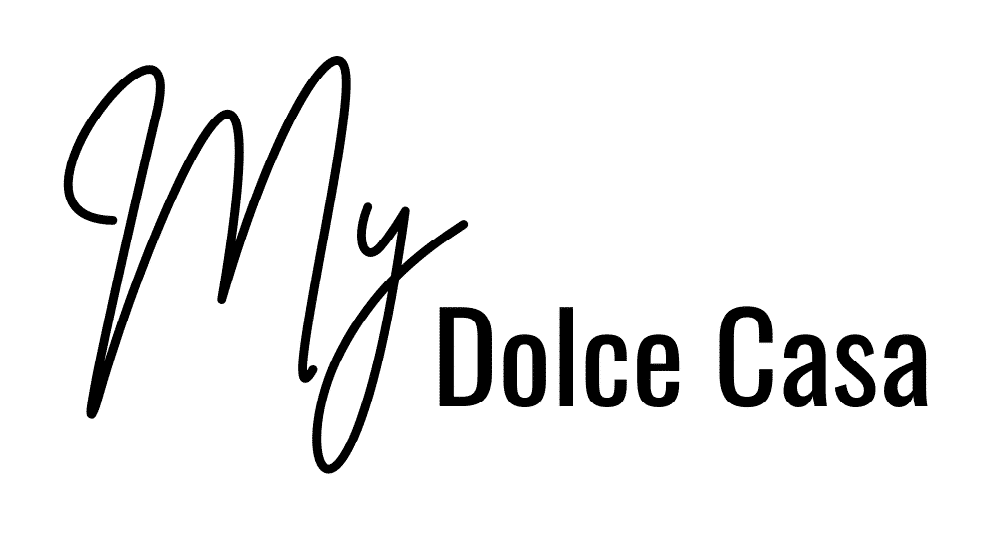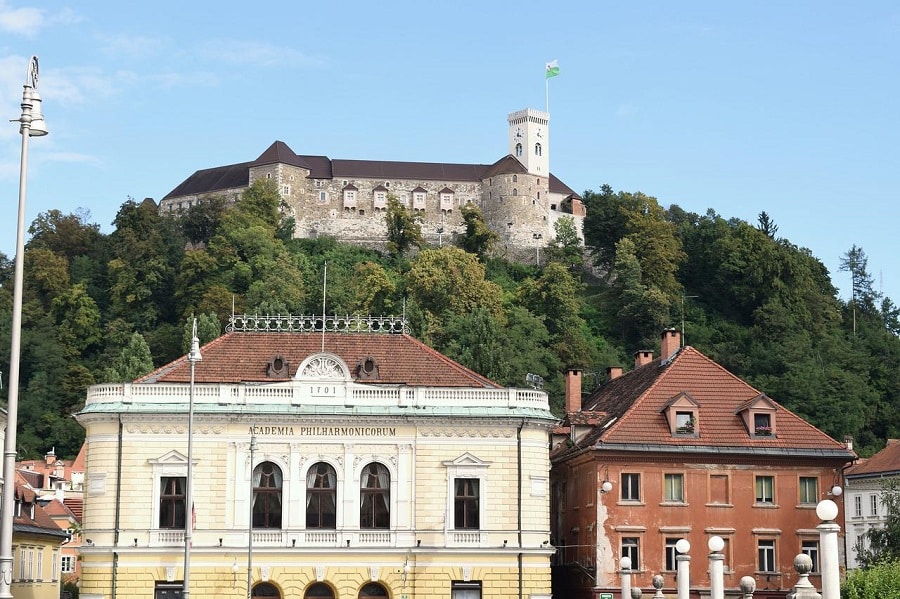So you’re playing with the idea of moving to Slovenia and supporting your new life abroad by getting a job in Slovenia? Then you’re in the right place. Below, you’ll find the most popular jobs for English-speaking expats in Slovenia as well as what it takes to get your foot in the door.
Getting a job in Slovenia is not exactly a walk in the park
Before we delve any further into the subject at hand, know that, in most cases, you won’t have an easy time landing a job living in Slovenia as an expat, especially if you don’t speak Slovenian. In fact, finding a job is an ongoing struggle even for the locals, including those with a college degree.
Due to the state of the labor market in Slovenia, quite often, people are forced to look for work abroad, and even those who do manage to find employment in Slovenia typically get a lower pay compared to working the same type of job in another European country.
For example, let’s suppose you have the necessary qualifications to work as a nurse. According to SalaryExplorer, your monthly earnings would be anywhere between 680 EUR and 2,360 EUR working full-time as a nurse in Slovenia.
At the same time, the same job position in Austria (one of Slovenia’s neighboring countries) would get you anywhere between 1,460 EUR to 4,520 EUR. On paper, this is double the pay, but in practice, the differences can be even greater, up to three times more. Other professions tend to follow a similar pattern. That’s the reality of working in Slovenia, lower pay compared to other neighboring countries and it’s tough to get your foot in the door.
Getting your paperwork in order
Although citizens of Europe are free to come to Slovenia to seek work, moving to Slovenia from US for work-related purposes is ridden with red tape and bureaucracy. In other words, US expats will need a visa and a work permit.
Similarly, if you’re planning to open up a business in Slovenia, you should seek information on how a typical company structure operates around these parts. Among other things, you’ll need to get a Slovenian tax number, register an office, select the most suitable type of business entity and decide on the activities to be undertaken by the company.
This being said, there are a few good options to support yourself while living in Slovenia and enjoying this beautiful country:
1. Teaching English
Being a US national living in Slovenia, this puts you at an advantage in the local English teaching space. This is especially true if you hold a relevant degree or another form of industry-relevant certification.
For aspiring English teachers, presenting an ESL certificate will place you above and beyond the competition, as not only are you a native speaker, but also have a background in how to interact with the class. The bad news is that you will need to pump around 120 hours of studying time to earn it. The good news, however, is that earning your ESL certificate can be done online, won’t take you years like a traditional college degree, while the costs are unlikely to exceed a few hundred dollars.
After you feel you’re qualified enough (teaching experience is a plus), brush up your resume and start applying for jobs at schools and language centers. You can also consider giving private English lessons to supplement your income.
2. Running your own online business
Another way to earn an income that’s completely location-independent (meaning it can also be done while living in Slovenia) is to have your own online business. Being a US expat, the go-to option would be to teach English online, but you’re also encouraged to explore other avenues where your skills are applied best.
If you’re particularly good at something, consider becoming a freelancer. This opens a wide range of possibilities, ranging from article writing, graphic design, data entry, consulting, search engine optimization, website testing, app development, and others.
Any business that can be run online is suitable, Slovenia has a great internet connection, so you won’t run into any issues in this regard.
3. Get a job with remote work benefits
Another common option is to get a job in the US or another country that comes with remote work benefits before you relocate to Slovenia. The risk, however, is that you’re pretty much out of work if something happens to the company you work for or in the unfortunate event you get laid off.
On the other hand, having a remote job provides for a more stable income than running your own business. Keep in mind that getting a job with remote work benefits may also require you to synchronize your schedule with a US time zone, especially if regular daily meetings are a part of your work routine. As a general rule of thumb, Slovenia is 6 hours ahead of the US. Assuming that a typical work day starts at 9 am in the US, it will already be 3 pm in Slovenia, which may require some adjusting on your end.
4. Consider high-demand jobs for skilled workers
Finally, if you’re a skilled or highly specialized worker, employment is readily available for the following job positions:
- Doctors
- Nurses
- Welders
- ICT experts
- Technical engineers
- Electro mechanics
- Physiotherapists
- Machine tool operators
- Pharmacists
- Truck drivers
As you can see, these typically require either a very particular set of qualifications (doctors and similar) or fall into the category of work that the locals find undesirable (truck driving and physical labor). Depending on your background or preferences, these may or may not be suitable for you, but it’s certainly worth considering if you’re going to be moving to Slovenia.
If you’re willing to soldier through the obstacles that stand between you and your dream of moving to Slovenia from US and finding work there, plenty of opportunities await those who dare to look beyond the conventional. But keep in mind that getting a regular day to day job in Slovenia can be tough if you don’t speak Slovenian, so consider your options carefully and always have a backup plan (or two) in case things don’t work out as expected.



